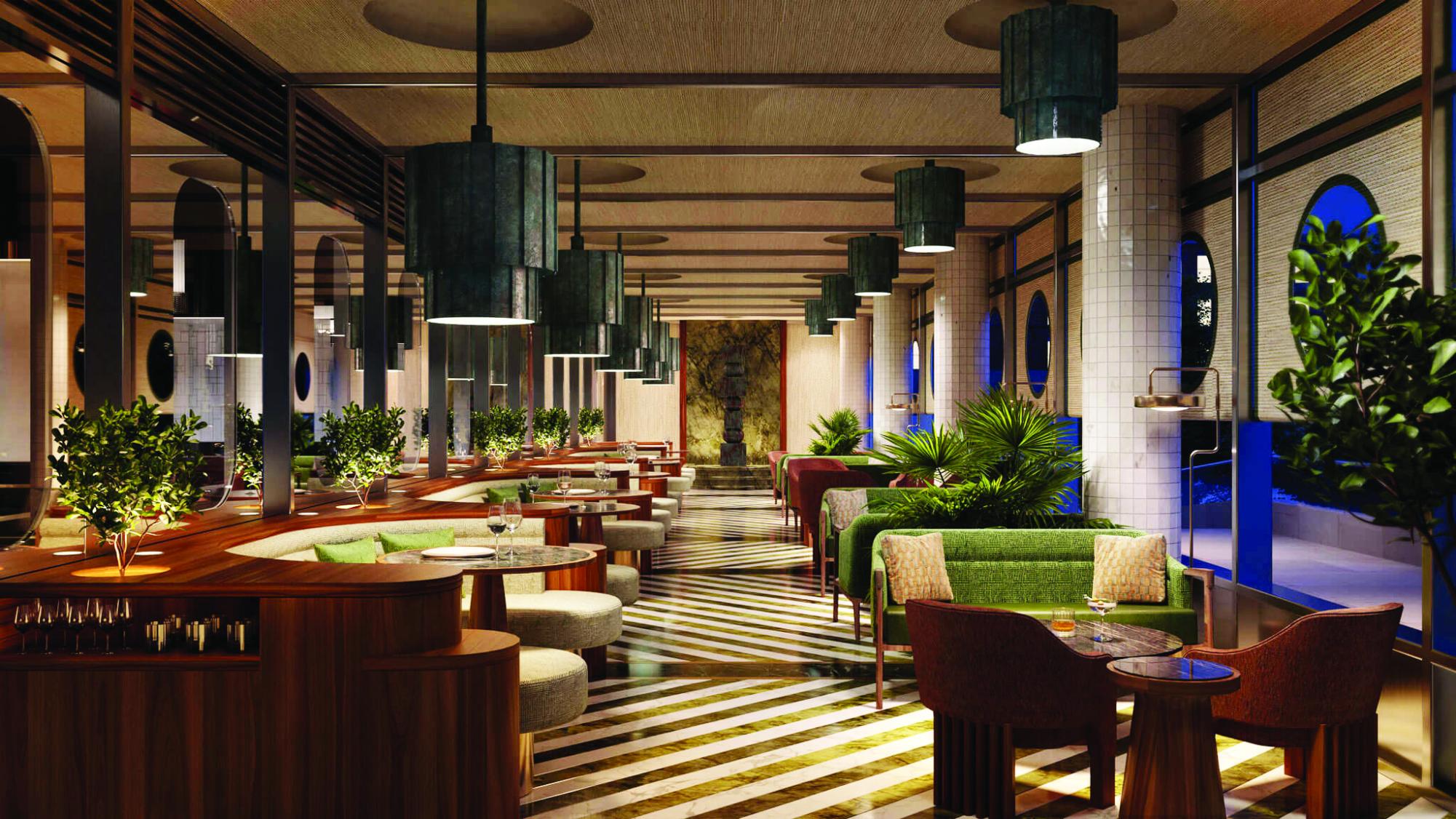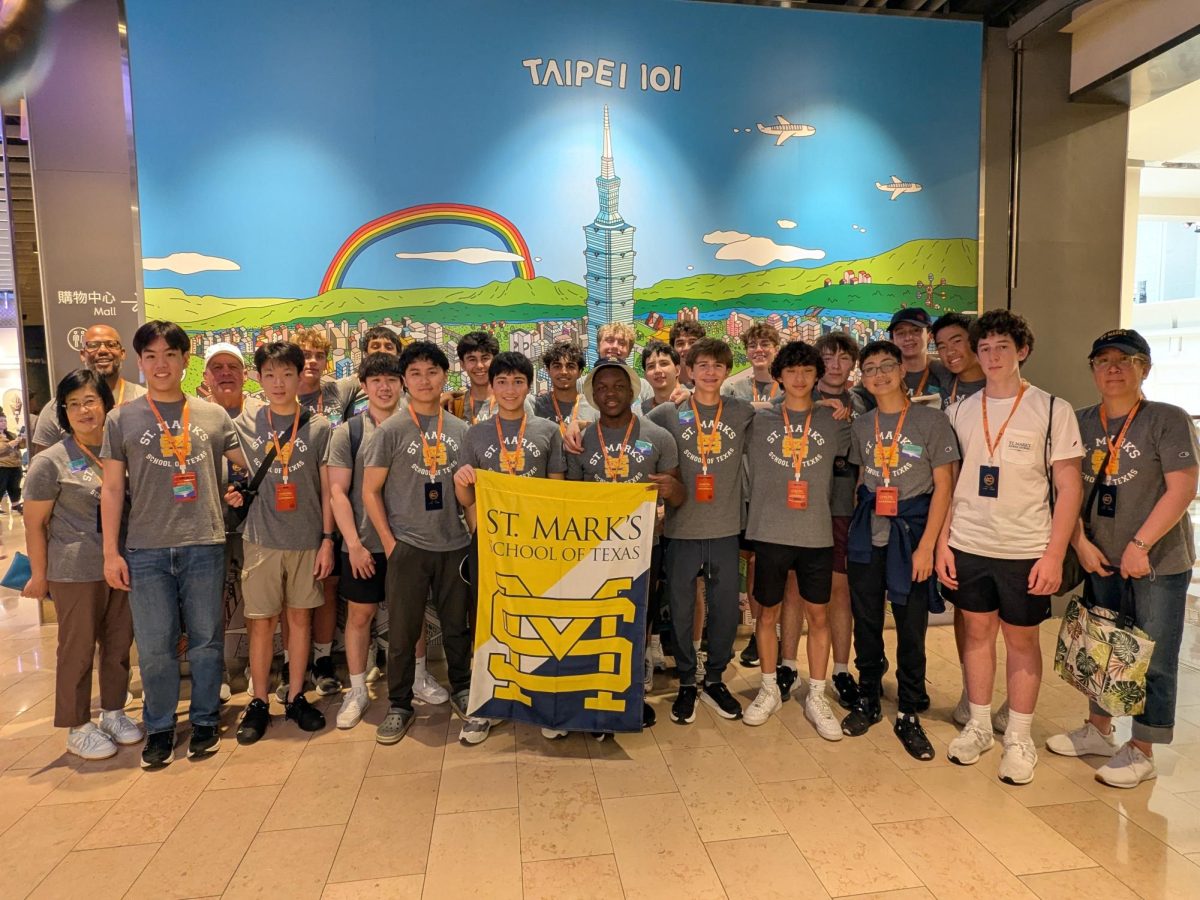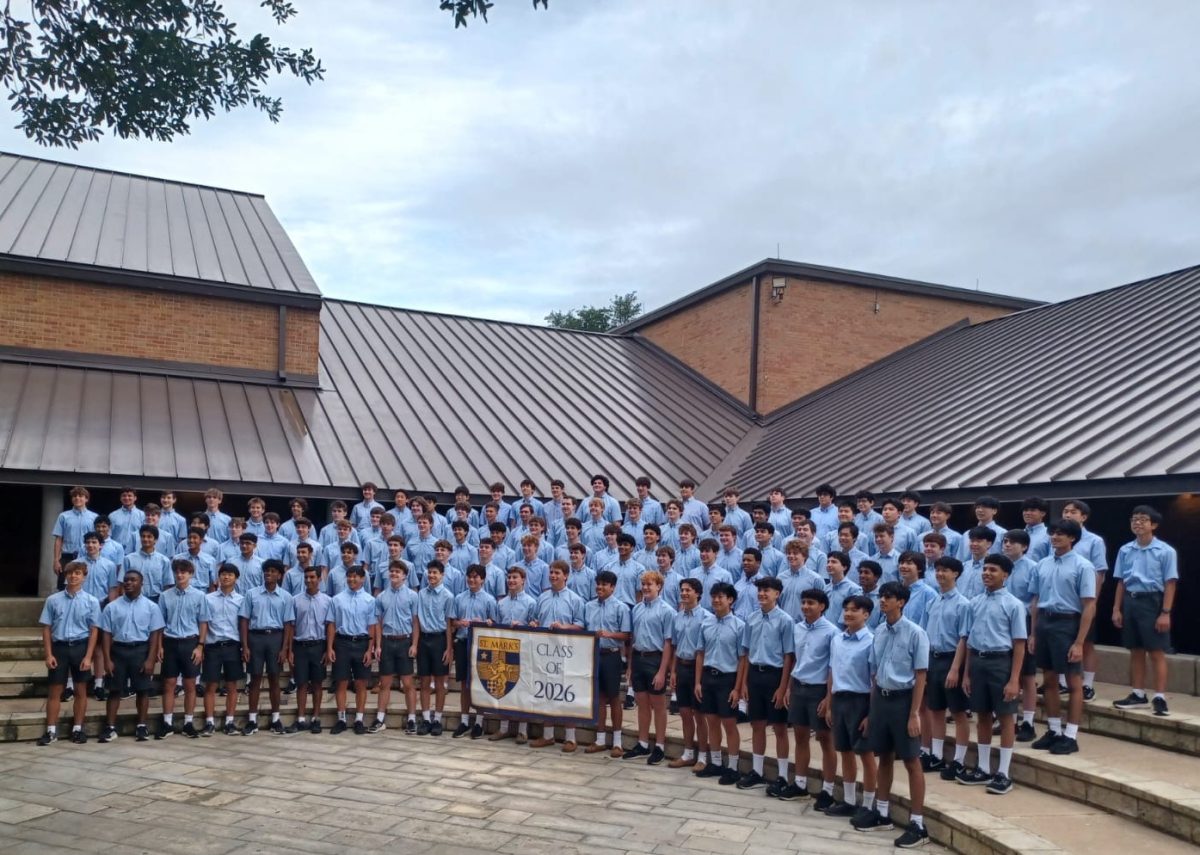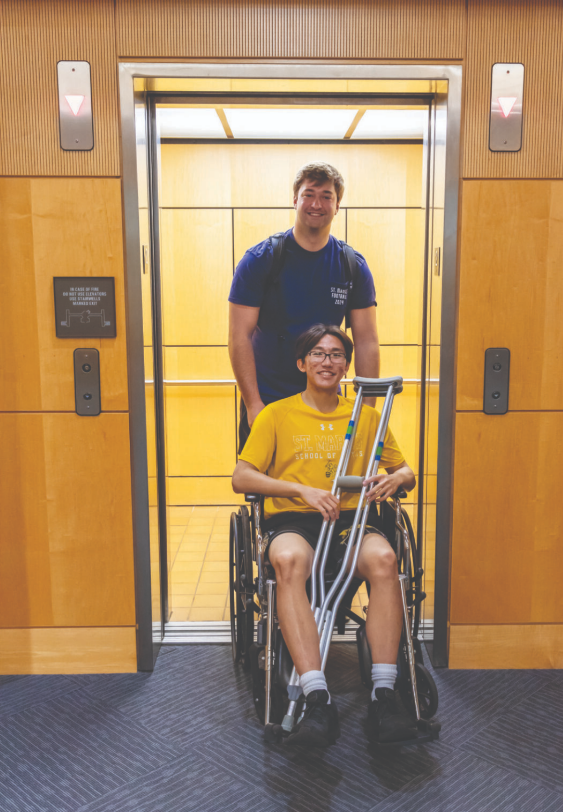Entrepreneur Wan Kim is a self-made man.
At 19, he traveled from his home in South Korea to further his education at Boston University.
Four years later, he took a leap of faith, and after failing twice at other businesses, returned to South Korea and became a franchise owner of Smoothie King.
In 2010, just seven years later, he had grown Smoothie King to 210 units in the entire country of South Korea.
But he didn’t stop there. He kept working, harder than ever, moving his entire family to New Orleans in 2013, navigating the difficulties of not only living in a new country but speaking a new language as well. And in 2019, he moved to Dallas, establishing his permanent home in the United States and developing the original idea for Nuri Steakhouse.
Kim, father of senior Brandon, has always been passionate about any business venture he enters, which he believes is a critical component for the success of the business.
“I really enjoyed this (smoothie) business because, not only you’re making money, which is very important as a businessman, but also you feel really good about what you do,” Kim said. “It’s not like serving pizza or burgers or fried chicken. You can actually invite your family every day because you are not going to feel ashamed of serving our product to your family every day. (So) I started thinking that maybe I need to buy this entirely, and I can grow this here in the U.S.”
Kim then moved to New Orleans and closed the deal with previous owner, Steve Corona, before moving to Dallas and developing Nuri Steakhouse a few years later.
Inspired by a multitude of factors, he decided to create a restaurant to elevate the Dallas food scene.
“When I came to Dallas I was brought to a few different steakhouses here that were all impressive, but I have traveled to so many different places in the world, and I understand what the top world-class dining scene is,” Kim said. “Unfortunately, I don’t think I was able to find a spot that meets the world-class restaurant scene here in Dallas. Of course, I understand Dallas is booming; Dallas is evolving, and I do believe Dallas needs more world-class dining places.”
The restaurant and menu combine aspects from each place where Kim has lived, creating an international and sophisticated feel to pair with a complex menu. Even the restaurant’s name, Nuri, means “whole world” in Korean, further signaling the restaurant’s aim to achieve a global menu and theme. His commitment to his customers and creating an atmosphere where guests feel welcome is of utmost importance to Kim.
“I really thought that I could open a world-class-looking restaurant with amazing foods from three different cultures, Asia, New Orleans and also Dallas, and a team culture that starts with care rights,” Kim said. “ It doesn’t matter to whoever comes into our restaurant; we will do our best to care right. When we say ‘care right,’ it starts (with culture) between us, between team members, but also team members to our guests, and, of course, our guests to our team members.”
Additionally, Kim uses some of the highest quality ingredients from around the world and, combined with a luxurious interior design, Nuri Steakhouse is designed to create an unforgettable dining experience.
“We use the best steaks in the world, and we also have flavors from New Orleans, Korea and Japan,” Kim said. “We are also very proud of our build out because we actually used six different design forms in this project. Design itself actually took about nine months to finish the design phase and then another three years to build out. We always did not buy anything from the factory, and every piece (of furniture) that you can find in the restaurant, we customized.”
In the future, Kim hopes his philosophy will create a strong product that will become a mainstay in the Dallas food scene. He understands that culture is the heart of ensuring a company’s long-term success and is focused on the longevity of his restaurant.
“It’s a really long game when you really want to own a restaurant and you want to make sure that people love that restaurant,” Kim said. “At the end of the day, it’s a longevity game, and I really understand that making money is important, but when you taste your passion, when you taste what’s right for you, money follows, and I strongly believe in that. In the last seven days, we didn’t even talk about how much money we made because that’s not relevant. The most relevant thing is how our guests receive the service and how they are doing at our restaurant.”








